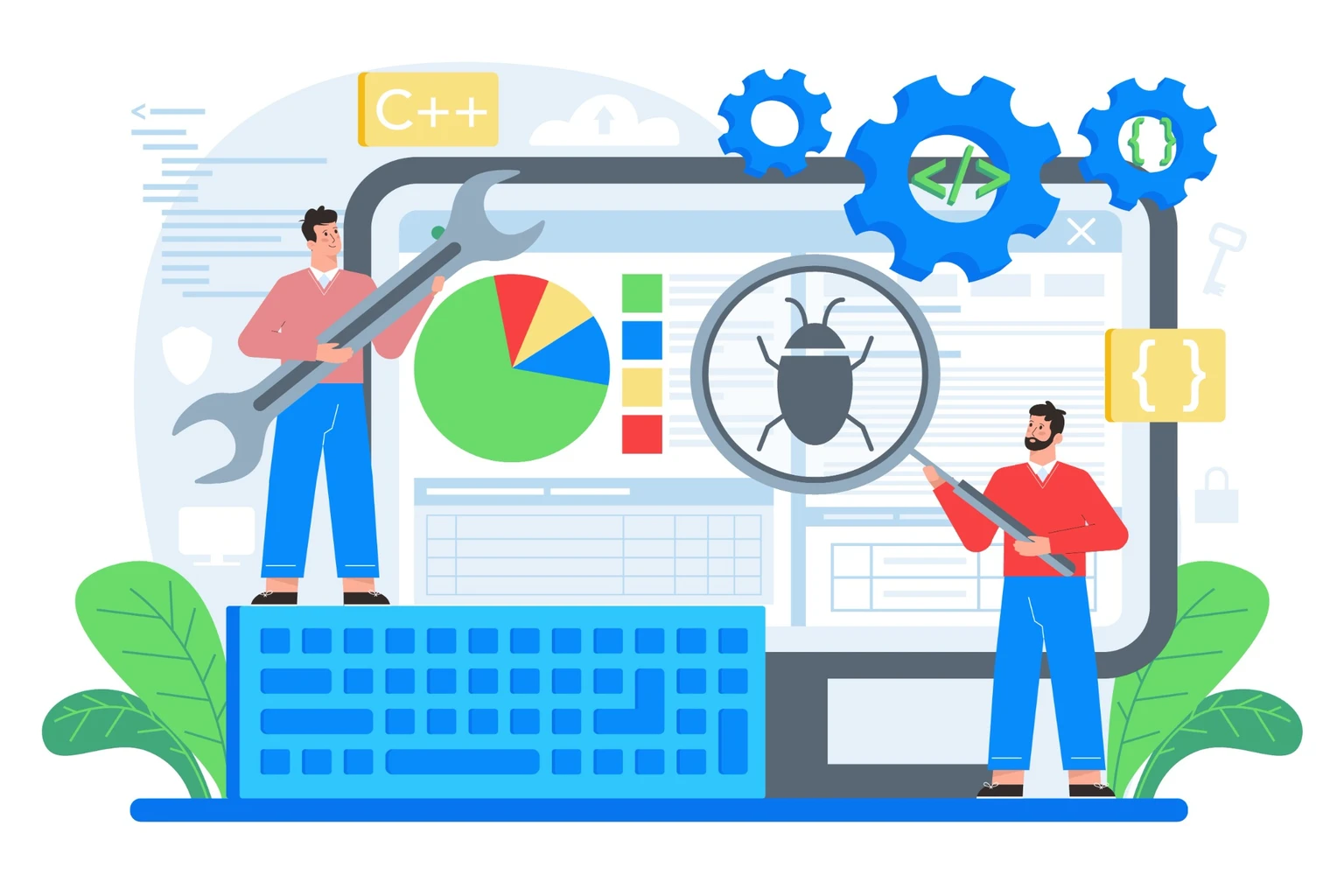
Real-world tested VPN reviews you can trust

Real-world tested VPN reviews you can trust

Most VPN reviews focus on features, claims, and short demonstrations.
The Enfinnit Global Stress Test (EGST) exists to answer a more demanding question:
How does a VPN actually behave when you rely on it every day, across distance, time, and real-world conditions?
EGST is a structured, repeatable testing framework designed to evaluate VPN performance, privacy assurance, and reliability under sustained stress. Every VPN reviewed on Enfinnit is assessed using the same methodology so results are fair, comparable, and grounded in real-world behavior rather than marketing promises.
This page defines the EGST methodology, what makes it different, and how its results appear throughout each VPN review.
EGST is a documented, repeatable testing framework. Evidence is published to support conclusions, which means that results remain consistent, comparable, and resistant to manipulation over time.
EGST is not a feature checklist or a one-off speed test.
It is a stress-testing framework designed to surface weaknesses that only appear outside ideal conditions. Many VPNs perform well in brief tests or nearby locations. EGST is built to reveal how they hold up when distance increases, networks fluctuate, and everyday usage patterns are applied consistently.
The framework was created to ensure that:
EGST applies deliberate, repeatable pressure.
Rather than briefly connecting to a VPN and running isolated tests, EGST evaluates how services behave under sustained usage, changing conditions, and non-ideal routing paths. This exposes instability, performance degradation, and reliability issues that often remain hidden in lighter testing.
Testing is intentionally conducted during periods of naturally high network contention rather than off-peak or artificially clean conditions. This ensures results reflect how VPNs behave when demand is highest, not when conditions are easiest.
The goal is not to provoke failure, but to observe how VPN infrastructure behaves when conditions are less forgiving.
Distance matters.
EGST incorporates elevated geographic and routing stress to amplify inefficiencies that may not appear when testing from centrally located regions. This helps distinguish well-engineered networks from those that rely on favorable conditions to appear performant.
EGST testing is conducted from environments that introduce elevated geographic and routing stress. Australia currently serves as the primary testing location, but the methodology itself is designed to be portable across high-latency global scenarios.
This approach allows routing quality and infrastructure investment to be assessed more clearly without altering the underlying framework.
EGST is built around verifiable outcomes.
Where results are reported, EGST prioritizes observable behavior over assumptions. Performance observations, privacy checks, streaming behavior, and support interactions are documented and surfaced directly within VPN reviews so readers can inspect what was actually observed.
This evidence-first approach favors clarity and accountability over abstract scoring alone.
Privacy is foundational to any VPN, but claims alone are insufficient.
EGST evaluates privacy assurances by examining:
Greater confidence is placed in providers that submit to independent verification and clearly disclose audit findings.
This includes scrutiny of “no-logs” claims, with greater weight given to providers that support those claims through independent, up-to-date public-facing audits, legal precedent, or other verifiable evidence rather than policy statements alone.
Claims that cannot be corroborated are treated cautiously
A VPN can be technically capable and still fail in practice.
EGST evaluates how VPNs perform in everyday scenarios, including:
The emphasis is always on whether the VPN works smoothly when it matters most.
EGST evaluates every VPN across four core pillars:
How efficiently traffic is routed over long distances, how consistently performance is maintained, and how stable connections remain under real-world conditions
Whether the VPN reliably protects the connection and prevents accidental exposure of real-world location through leaks or connection failures.
How clearly and credibly the provider demonstrates its privacy commitments through policy, audits, and jurisdictional safeguards.
How practical, reliable, and accessible the VPN is during everyday use across devices, networks, and applications.
No single test or metric defines a VPN’s quality. EGST evaluates behavior across these pillars to form a balanced assessment.
EGST testing is conducted on physical consumer hardware using real residential internet connections. Tests are performed across multiple operating systems and devices to reflect how VPNs are used in everyday scenarios rather than simulated lab conditions or virtualized environments.
This approach ensures that performance, stability, and usability observations reflect real-world behavior, including network variability, device constraints, and application-level interactions.
EGST is designed to be transparent without being predictable.
Test evidence and verification outcomes are published so readers can understand how conclusions are reached. Internal scoring models, weighting logic, procedural thresholds, and tooling are intentionally not disclosed.
This prevents optimization for the test rather than improvement of the service itself and preserves the integrity of long-term comparisons. This balance reflects how professional testing standards operate across security and technology industries.
EGST results are integrated directly into each VPN review rather than summarized in isolation.
Within relevant sections, readers will see:
This allows readers to explore the areas that matter most to them without needing to interpret raw data or technical jargon.
EGST exists to provide clarity, honesty, and confidence when choosing a VPN.
It is not designed to reward marketing claims or ideal conditions. It is designed to observe how VPNs behave under the kinds of stress that real-world use naturally applies, across distance, time, and everyday scenarios.
Writers, researchers, and editors are welcome to reference the Enfinnit Global Stress Test (EGST) when discussing VPN testing or evaluation methods.
EGST is a publicly documented, independent testing framework designed to assess VPN performance and reliability under real-world conditions.
When referencing EGST, the following citation format may be used:
“Enfinnit Global Stress Test (EGST) – an independent VPN stress-testing framework developed by Enfinnit.”
EGST is an evolving framework and will continue to be refined as testing methods, real-world usage patterns, and verification practices change over time.
Below is the version history for the publicly documented EGST methodology.
Have a question or correction? Use the contact form.